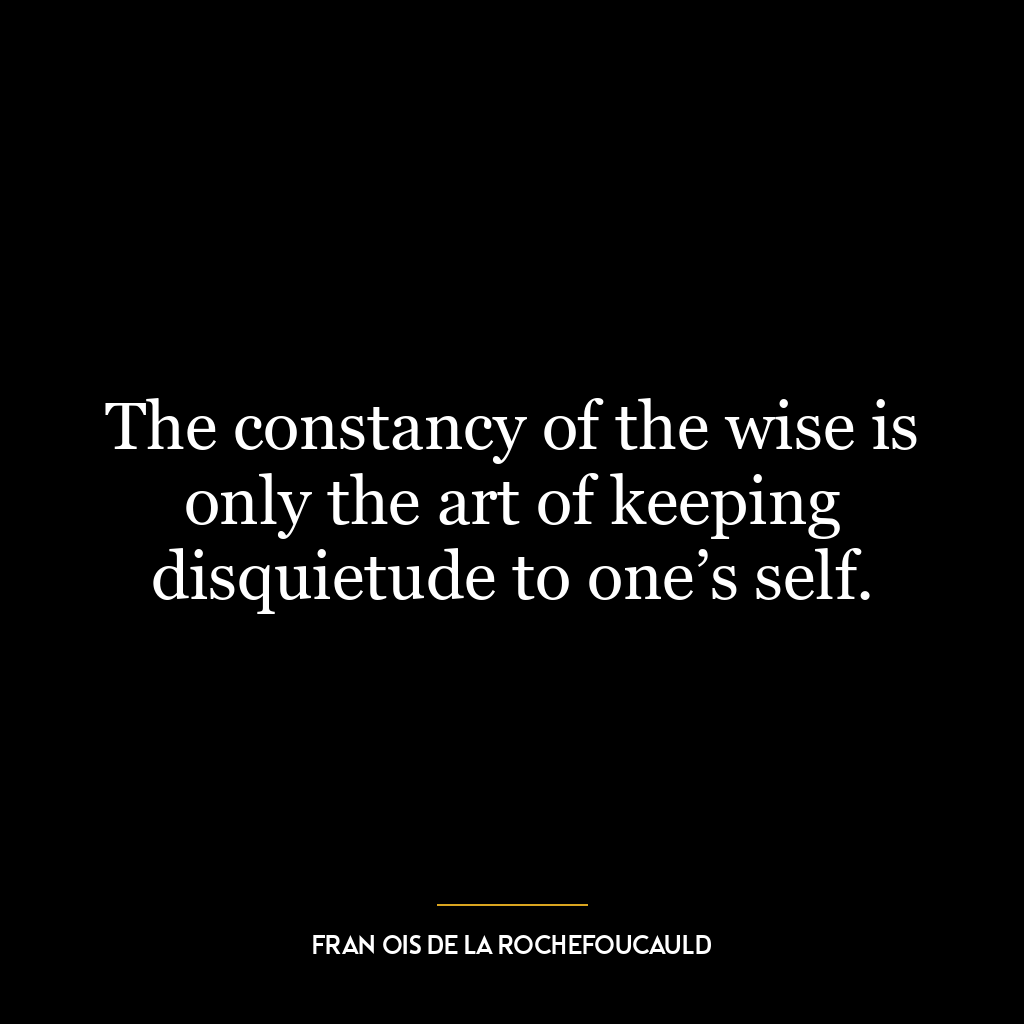In every society some men are born to rule, and some to advise.
This quote suggests that in every society,there are individuals who naturally assume roles of leadership and others who are more inclined to offer counsel and advice. It implies a natural division of labor based on individual strengths and inclinations. Some people have the charisma, assertiveness, and decision-making skills that make them effective leaders. others might not seek the spotlight but have wisdom,insight,or technical expertise that makes their advice invaluable.
In today’s world, this idea is still very much applicable.In any organization or group setting—whether it’s a multinational corporation or a local community group—you’ll find people who naturally take charge and those who provide valuable insights without necessarily leading. This dynamic is essential for balanced decision-making processes where different perspectives are considered.
On a personal progress level, understanding this concept can be empowering. People often feel pressured to fit into certain roles or conform to specific expectations even when they don’t align with their natural tendencies or strengths. Recognizing that not everyone is meant to lead—and that advising or supporting can be equally critically important—might encourage individuals to embrace their unique capabilities more fully.
Moreover, it also highlights the importance of collaboration in society; leaders would struggle without advisors providing insights just as advisors need leaders to act upon their suggestions. Thus underlining how interdependent these roles are despite being distinct from each other.
So while Emerson’s quote may seem like an assertion about hierarchy at first glance—it actually speaks volumes about self-awareness, diversity of roles within societal structures and the power of collaboration in achieving collective goals.















